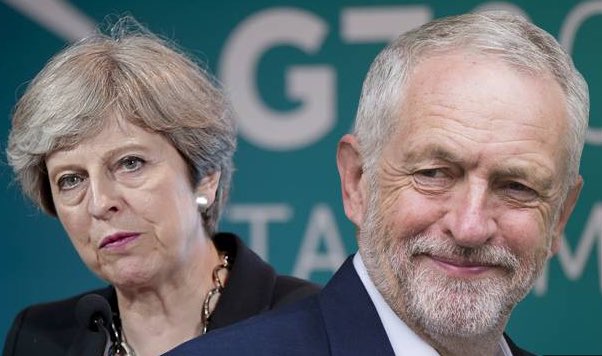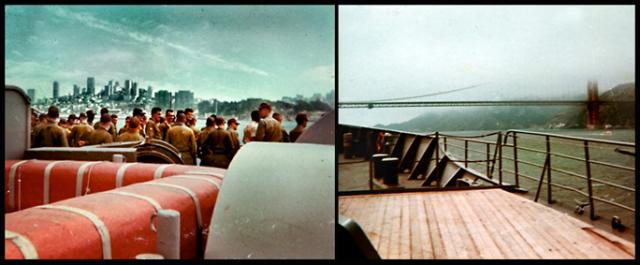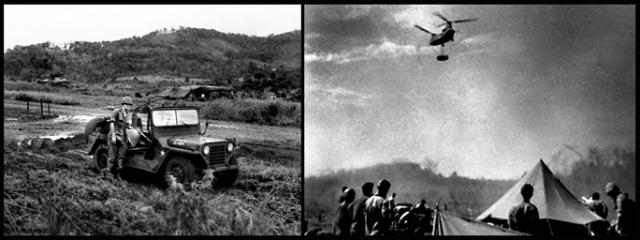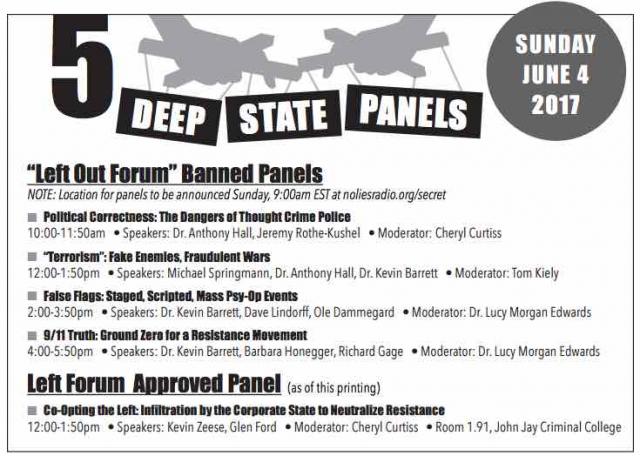The British Labour Party and its party leader Jeremy Corbyn didn’t win Thursday’s snap election called last April 18 by Conservative Prime Minister Theresa May, yet it was it nonetheless a historic victory for Corbyn, the British left and for the concept of socialist revolution in a democratic society.
 Labour leader Jeremy Corbyn, with a socialist, anti-war message, has upended British politics
Labour leader Jeremy Corbyn, with a socialist, anti-war message, has upended British politics
From the time Corbyn, a long-time hard-left anti-militarism back-bencher and protege of the late Tony Benn, was elevated to the leadership position of the Labour Party back in September 2015, he has (like Bernie Sanders in the US last year) had to combat a concerted effort to unseat him by the Labour Party establishment. Only last year, 172 elected Labour Party members of Parliament (that was out of a total of 232) cast a vote of no confidence that forced Corbyn into a party leadership election which he resoundingly won with over 60% of the votes of dues-paying party members.
When May, back in April, at a time when polls showed her trouncing Labour by a 20-25% margin, called a snap election for June 8 (after earlier promising that she would not do such a thing), the Labour establishment figured it would turn out a disaster and finish off Corbyn as party leader. Seven leading Labour MP’s announced that they weren’t going to run for re-election on a ticket headed by Corbyn, with several even saying publicly that they preferred May to Corbyn. Virtually the entire British news media, from the BBC on down, piled on, deriding Corbyn as a ‘70s relic out of touch with British voters.
At first, amid all that Corbyn bashing, it did seem as though the contest would be a historic wipe-out for the Labour party, which was already on its knees following an embarrassing performance in the 2015 electoral outing which left Conservatives with a 330-vote majority (just 4 more than needed to form a government), and Labor, at 232 seats, looking like it might be down for good. But then Corbyn, who during the 2017 campaign came out with a truly socialist manifesto calling for improved funding for the gutted and struggling National Health System, an end to tuition for college and university, a major campaign of building more public housing, better funding for public education, and, most importantly, an end to reflexive British support for America’s endless and ever expanding global War on Terror, something started to happen. Suddenly his poll numbers turned around dramatically, and as the days until June 8 voting ticked off, the margin between Labour and the Tories kept dwindling. Meanwhile, Corbyn’s popularity kept rising, eventually passing Prime Minister May’s numbers in some polls.
Even two brutal terror attacks, in Manchester and then in London, failed to significantly dent Corbyn’s charge — in large part because instead of reflexively hunkering down and supporting more draconian security policies as US politicians of both parties do each time some terror attack happens or some alleged terror plot is “disrupted,” he declared that the attacks proved that “the war on terror has been a failure.” Corbyn also took the offense and denounced his opponent May who, as home secretary of the Conservatives before becoming prime minister had overseen the defunding of 22,000 ordinary police officer positions — furloughing roughly a fifth of the country’s police force. “You can’t keep people safe on the cheap,” Corbyn declared on the stump to loud cheering.







